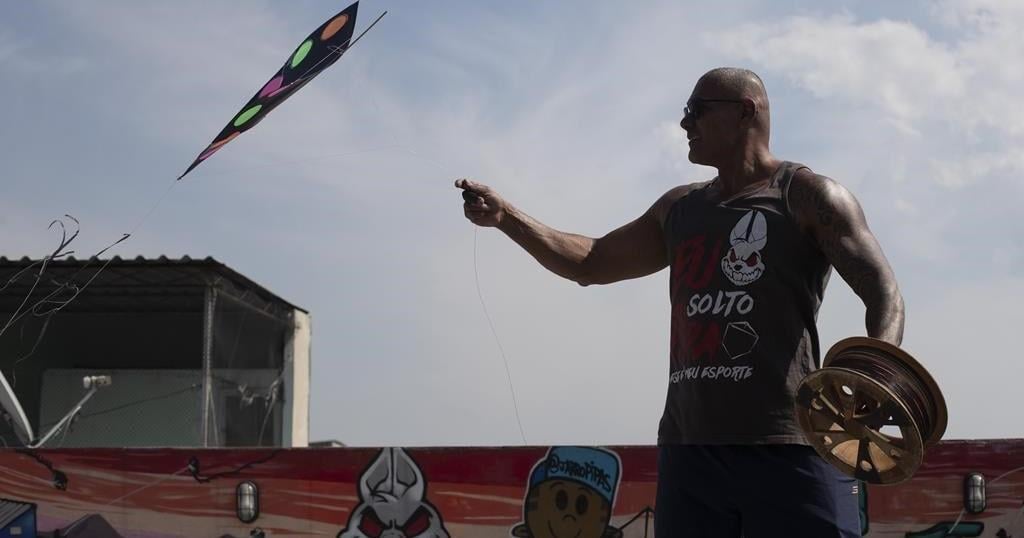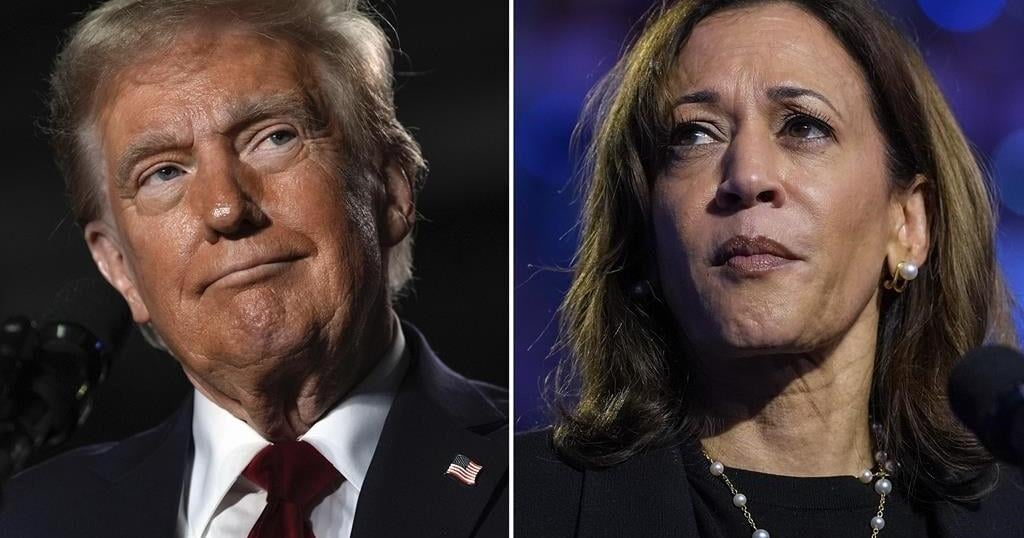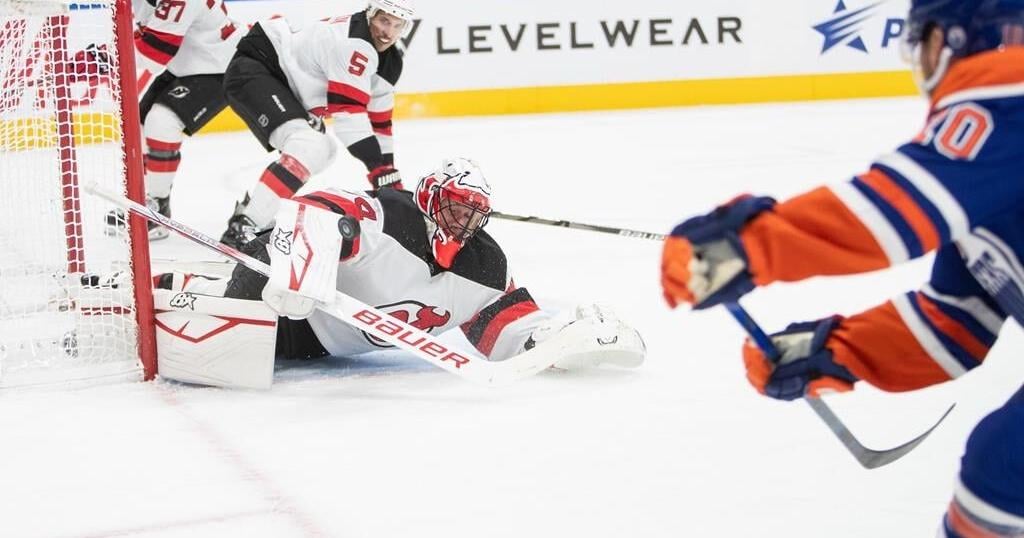RIO DE JANEIRO (AP) — Two groups of men stood on opposite rooftops perched on a hillside overlooking Rio de Janeiro’s Ipanema beach, taunting one another. It was a macho showdown between opponents wielding unlikely weapons — kites.
On this July morning in the impoverished neighborhood, they were using taut, sharp-edged kite lines — known as “cerol” in Portuguese — to slash their opponents’ lines, ripping their kites from the sky.
Kite fighting has caused horrific injuries and even deaths, and a bill moving through Brazil’s Congress is seeking to prohibit the manufacture, sale and use of the razor-sharp lines nationwide, with violators facing one to three years in prison and a hefty fine.
The lines are already outlawed in some congested areas of Brazil, including Rio, but that didn’t appear to trouble the men jousting with their kites above Ipanema; indeed, some of those flouting the law were police officers. A couple of them called kites their therapy.
“That’s the logic of kite flying: cutting another person’s line,” said Alexander Mattoso da Silva, a military police officer with bulging, tattooed biceps. He goes by “Jarro” and in 2014 he traveled to France to test his mettle at an international kite festival, where he won the kite-fighting competition.
“We always try to fly the kites in suitable places to not put anyone at risk. There’s no risk here, because the kite falls into the woods,” Jarro said, pointing to the tree-covered mountain above which the kites were dancing. Still, there were narrow pedestrian alleyways below.
Kites have a long history in Brazil and are particularly popular in Rio’s favelas, the poor neighborhoods often clinging to the mountains overlooking and surrounding the city, where a cottage industry uses bamboo and tissue paper to produce kites.
For many, kites evoke childhood and light-hearted diversion. And some do fly kites simply to feel the wind’s tug upon a harmless cotton string. But attached to cutting lines, kites can be fatal, particularly when sweeping across highways where speeding motorists struggle to spot them.
While kite-fighting competitions are held safely in designated areas in countries like France and Chile, in Brazil, its widespread, unregulated use has caused numerous accidents over the years.
To try to fend off the danger, motorcyclists affix thin antenna-like posts equipped with razors at the front of their bikes to snip wayward kite lines. The company that administers one of Rio’s main highways regularly hands them out to motorcyclists.
But cases of motorcyclists having a limb severed or throat slit remain common, leading several Brazilian states to pass laws regulating the lines, according to political consulting firm Governmental Radar. The federal bill to outlaw the razor-sharp lines nationwide was approved by Congress’ lower house in February, and is now heading toward a Senate vote.
In June, Ana Carolina Silva da Silveira was riding on the back of a motorcycle when a line slashed her neck.
“I went to the hospital screaming that I didn’t want to die,” the 28-year-old lawyer said. “I’m really happy that I’m alive.”
There’s no official data on the number of injuries and deaths nationwide caused by cutting lines. However, since 2019, there have been more than 2,800 reports of illegal use of the lines in Rio state alone, according to the MovRio Institute, a non-profit that runs a hotline.
In Brazil, kites are ubiquitous, with kite flying even recognized as a cultural and historical heritage by legislation passed by Rio’s municipal assembly in 2021. Some say kites were brought to Brazil by the country’s Portuguese colonizers. But others note they were used in Africa, and that the legendary Palmares community of runaway slaves in the northeast deployed them to warn of danger.
Kite flying was so popular that kids called school vacations “the time of kites,” Luiz Antônio Simas, a historian who specializes in Rio’s popular culture, told a packed bar near the Maracana soccer stadium during a lecture on kite history.
For decades, children filled socks with glass shards and put them on train tracks to be ground up. They mixed the resulting powder with glue to smear on their kite lines, often bloodying their fingers. Artisanal methods have mostly given way to large reels of industrially made lines that are even more efficient at cutting.
State laws regarding cutting lines differ across Brazil. Rio confines legal use to a few areas, known as “kitedromes,” located far from homes, roads and highways, while other states have blanket bans.
Rio’s military police said 10 people were detained between January and July for breaking the city’s kite line law. Last week, Rio’s municipal guard seized eight reels left behind by a group of fleeing kite-fighters at Recreio dos Bandeirantes beach, a popular site for the sport, it said in an email.
But many say authorities tend to turn a blind eye.
“Often, the police don’t even stop criminals. Imagine someone flying a kite,” said Carlos Magno, president of Rio’s association of kite fliers.
In July, Magno traveled to the capital, Brasilia, to lobby lawmakers to reject the bill moving through Congress. It allows competitions, but without the sharp lines he and other kiting aficionados say are essential.
Paulo Telhada, the bill’s sponsor in the lower house, says any exceptions would mean more lives and limbs lost.
“Between life and sports, I’m in favor of life,” Telhada told The Associated Press.
Kelly Christina da Silva couldn’t agree more. Her son Kevin was killed in 2015 after a kite line caught him in the neck as he rode a motorcycle. Earlier that day, the 23-year-old had signed papers to rent a home for himself and his fiancé.
“My son’s life was destroyed. Because of a game,” da Silva, 50, said in an interview, her voice cracking as she wiped away tears in Rocha Miranda, a city on Rio’s periphery.
“He already had a wedding planned. … The money that paid for my son’s funeral was the money for the house he was going to live in.”
She joined a campaign called “Cerol Kills” urging Rio authorities to enforce the existing law and federal lawmakers to adopt the national ban.
Magno maintains that cutting lines can be used safely in designated areas, just as guns are at target-shooting ranges.
“It should be banned in the street; we recognize that it’s dangerous,” he said. “But millions of people practice this sport and hundreds of thousands of people earn a living directly or indirectly from it. So we can’t do away with it.”
In 2020, Leonardo Durães was riding his motorbike when a razor-sharp line slashed his chin; he got 33 stitches and a deep scar is still visible today.
Even he supports kite championships as long as they are held in suitable places.
“As soon as a situation is inflicting harm, including causing fatal victims, that’s when your playtime’s over,” he said.
—
AP videojournalist Lucas Dumphreys contributed to this report.























